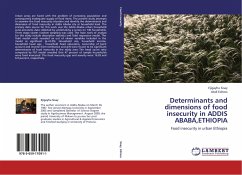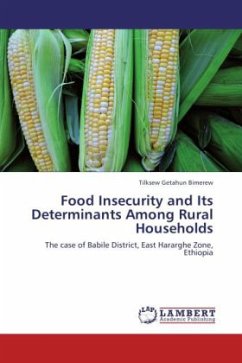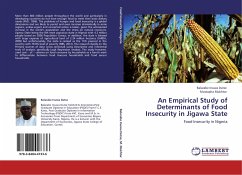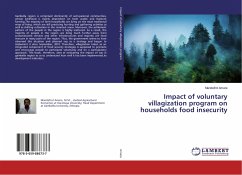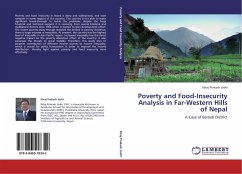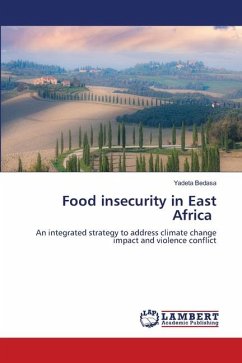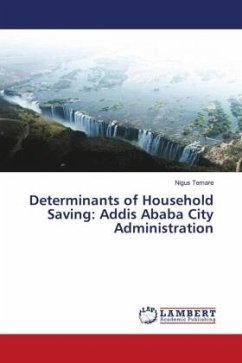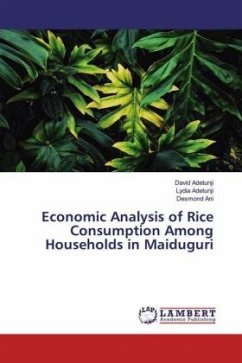Urban areas are faced with the problem of increasing population and consequently inadequate supply of food items. The present study attempts to examine the food insecurity situation and identify the determinants and dimension of food insecurity in Addis Ababa city at household level. The primary data source for this work was the Addis Ababa urban household socio-economic data collected by undertaking a survey on 140 households. Three stage cluster random sampling was used. The main tools of analysis for this study include descriptive statistics and Tobit regression model. The Tobit model result revealed six out of eleven variables included in the model as significant (p0.05). Household size, household income, household head age , household head education, ownership of bank account and income from remittance and gift were found to be significant determinants of food insecurity in the study area. The head count ratio computed by FGT model revealed that 47 percent of sample households were food insecured. The food insecurity gap and severity were 16.83 and 6.9 percent, respectively.
Bitte wählen Sie Ihr Anliegen aus.
Rechnungen
Retourenschein anfordern
Bestellstatus
Storno

